
views
Testing for Allergies
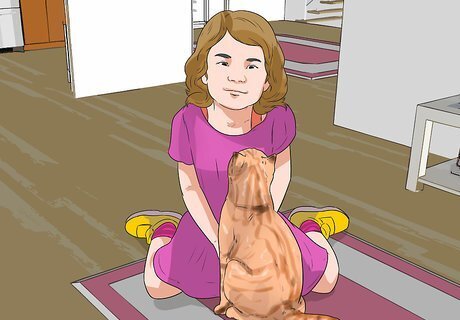
Place your child around cats in temporary situations. Go to a friend or family member's house where you know a cat is living and get the child to interact with the cat. This way, you can watch for signs of a cat allergy. Be aware that cat allergies can arise from contact with the skin, fur, dander, saliva and urine of the animal. It is important to note here that you should not try exposing your child to cats, or any animals, without knowing if they do or don’t have an allergy if your child suffers from asthma. Simple allergic symptoms can trigger potentially deadly asthma episodes.
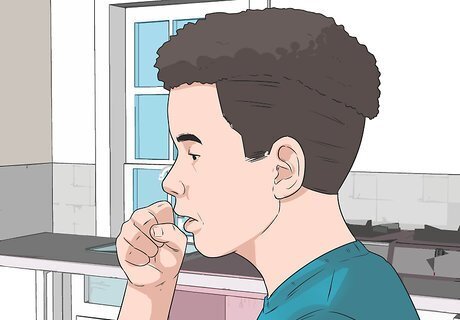
Observe your child. If your child shows any of the following symptoms, he may be allergic to cats: Excessive coughing, wheezing or sneezing Gets hives or a rash on the chest and face Has red or itchy eyes Redness on a spot of skin where the child was scratched, bitten, or licked

Listen to your child. If your child complains about any of the following symptoms while exposed to the cat, your child may have a cat allergy: Itchy eyes A stuffy, itchy, or runny nose Itchy skin or hives where the cat touched the child
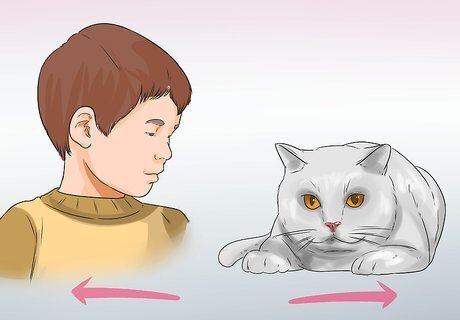
Remove your child from the allergen. If you do notice any of the above symptoms in your child, it is important to remove her from contact with the cat until you have devised a plan to lessen or eliminate the symptoms of her allergies.
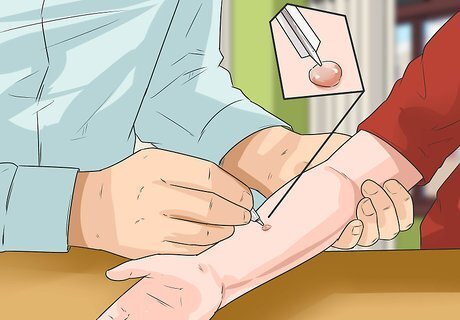
Have an allergist test your child. Observational and anecdotal evidence may be enough to determine a cat allergy in a child. However, you will want to visit the doctor and get an allergy test. Keep in mind, though, they aren't always accurate, so if your child tests negative, you should still observe the child for signs of allergies when he is exposed to a cat.
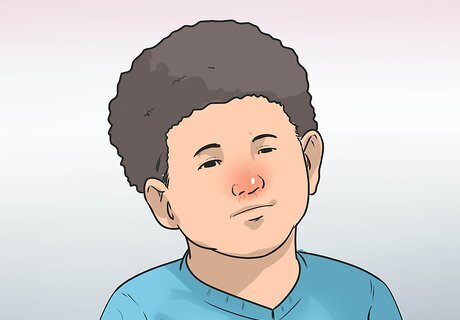
Spot more severe allergies. Most allergic reactions are limited to redness, itching, hives and nose stuffiness, but signs of more severe allergic reactions may become apparent when exposing your child to a cat. Swelling of the throat can occur in severe allergic reactions, which can lead to the constriction of airways. If this happens, get your child to a medical professional immediately and do not expose them to any more cats in the future.
Controlling Cat Allergy Symptoms with Medication
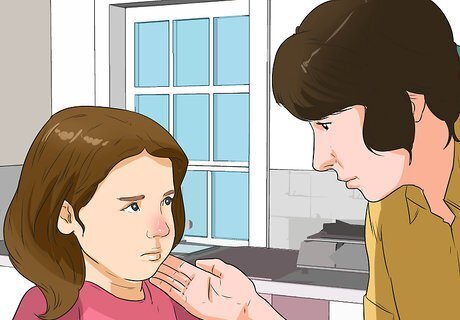
Note whether your child experiences a mild or severe allergy. If your child’s allergy symptoms are mild, you can probably control them with over-the-counter medication and proper sanitation around your house. If the symptoms are severe, such as breaking out in body-wide hives, or swelling of the throat or other airways, you will need to ensure your child is no longer exposed to cats. If you already have a cat and find out that your child is severely allergic, you will likely need to rehouse your cat.

Use antihistamines. Antihistamines are designed to reduce the production of an immune system chemical that is responsible for causing the symptoms associated with allergies. They also help relieve itching, sneezing and runny nose. You can purchase these medications over-the-counter or acquire them with a prescription. Antihistamines come in pill form, as nasal sprays or in syrups, which are specifically designed for children. Never give over-the-counter or prescription allergy medications to children two years of age or younger unless directed by a doctor or medical professional.

Use decongestants. Decongestants work by shrinking swollen tissues in your nasal passages, making it easier to breathe through your nose. Some over-the-counter allergy tablets combine an antihistamine with a decongestant. Never give over-the-counter or prescription allergy medications to children two years of age or younger unless directed by a doctor or medical professional.
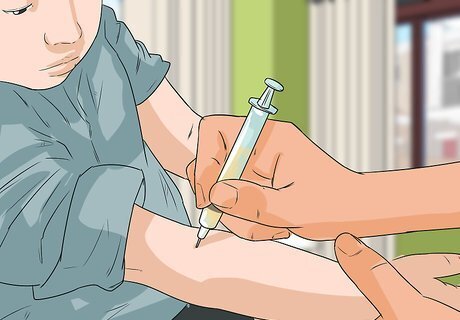
Get your child allergy shots. These shots, usually administered once or twice a week by an allergist, can help a child overcome the symptoms of allergies that can’t be controlled with either antihistamines or decongestants. Allergy shots "train" your immune system by desensitizing it to specific allergens. This is typically called immunotherapy. The initial shots expose you to very small doses of the allergen, in this case, the cat protein that causes an allergic reaction. The dose is, “gradually increased, usually during a three- to six-month period. Maintenance shots are needed every four weeks for three to five years.” Also, be sure to ask your doctor or allergist about age and dosage restrictions as they may apply to your child.
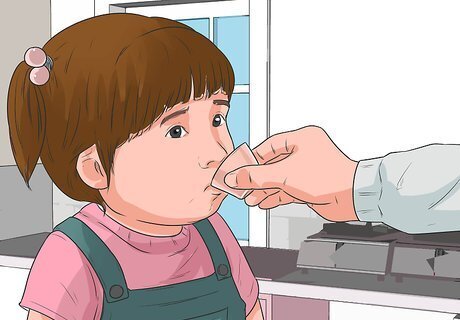
Pair medication with other preventative measures. While also continuing a regimen of allergy medications, it is important to also follow the steps listed below, under “Controlling Cat Allergies with Preventative Measures,” to ensure you minimize the symptoms of your child’s allergy to cats.

Monitor the medication’s effectiveness. Once you have found the proper dosage and type of medication for your child, monitor its effectiveness over time. People have a tendency to build up an immunity to the active ingredients in allergy medication, which ultimately minimizes their effectiveness. If you see this occurring in your child, you will likely have to change the dosage or type of allergy medication he or she is taking.
Controlling Cat Allergies with Preventative Measures
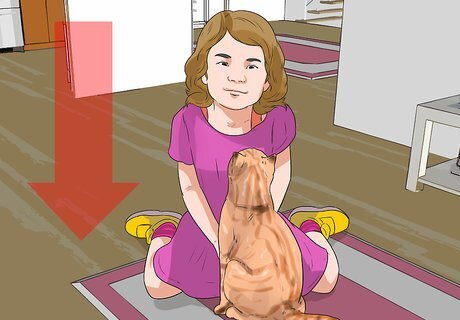
Reduce exposure to cats. As obvious as this sounds, removing exposure or limiting the amount of time your child is exposed to cats will drastically improve their allergy symptoms.
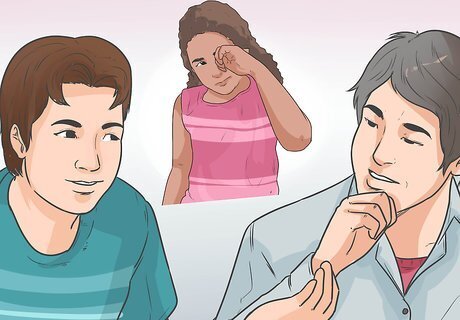
Warn others about your child’s allergies. If you're going to visit someone with a cat, warn the hosts about your child's allergy. Ask them to keep the cat out of the the room where your child will be from now until the end of your visit.
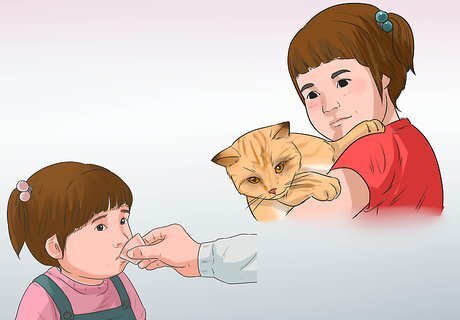
Give your child an allergy medication a few hours before interacting with a cat. If you are taking your child to a house where you know there are cats, give your child an allergy medicine a few hours before exposure. This can minimize his reaction and he won't have to be uncomfortable waiting for the allergy medicine to kick in if he takes when he is already exposed to the cat.
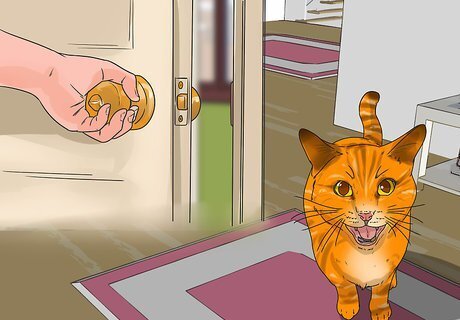
Restrict your cat’s access. Keep your cat out of bedrooms, playpens, off the couch, and generally away from any area where your child spends a lot of time. If you have a finished basement that your child doesn't go into often, keeping the cat segregated in the basement can be viable solution.

Invest in a central air conditioner with an allergen control. Reducing the amount of airborne allergens in your home can go a long way in relieving your child's allergy symptoms. Air conditioners with allergen control filters, such as HEPA filters, successfully reduce the amount of airborne allergens in your home.
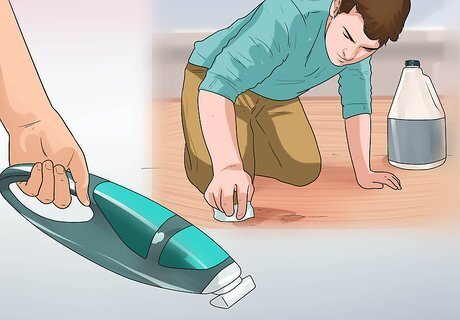
Clean often and well. Cat fur and skin can buildup on your couches, in your carpet, on the drapes, and generally anywhere else the cat goes. Invest in a good vacuum cleaner and use it often. Also, use carpet shampoo, de-sanitizing sprays and anti-bacterial wipes often on the surfaces in your home to eliminate any unnecessary allergens left by your cat. Cats, by nature, have a tendency to get into, under, and on top of everything in your home. So make sure you pay attention to areas that you wouldn’t usually consider high-traffic, such as behind the couch or under the bed.
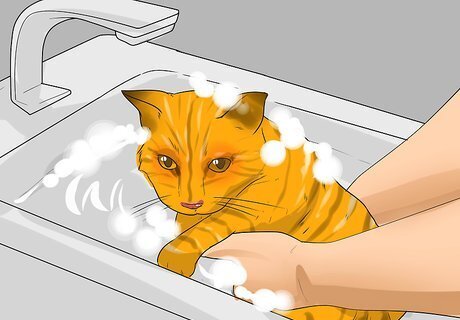
Bathe the cat regularly. Bathing your cat regularly can help to reduce the amount of dander and excess fur she leaves around the house. As such, washing your cat is another effective step in combating your child’s allergies. It is important to remember that cats don’t like baths, and they naturally do not need them very often. Be sure to check with your vet about safely giving your cat a bath, as bathing her too often can have a negative impact on her physical health.
















Comments
0 comment